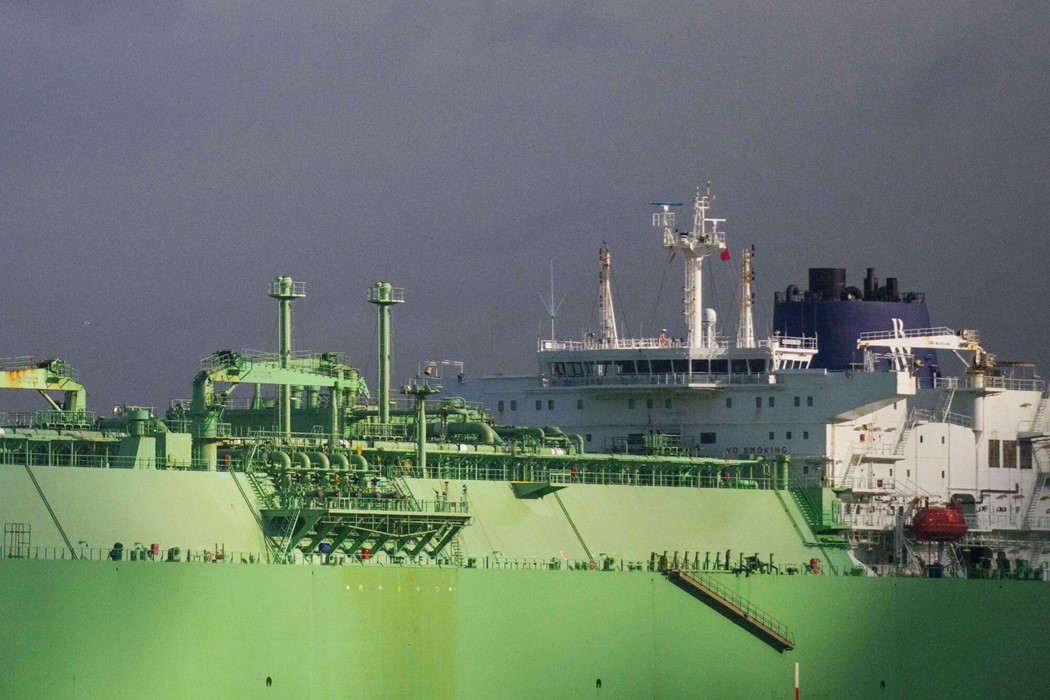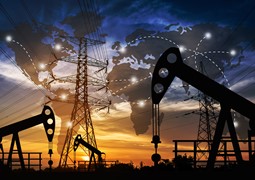Australia Lets Biggest LNG Plant Run to 2070 in Climate Blow
May 28, 2025 by Bloomberg(Bloomberg) -- Australia gave preliminary approval to extend the life of its biggest and oldest liquefied natural gas plant for decades, potentially creating billions of dollars in new drilling opportunities but raising questions about the nation’s climate agenda.
Environment Minister Murray Watt said he’s made a proposed decision to extend North West Shelf LNG’s operating life to 2070, with conditions. Operator Woodside Energy Group Ltd. will have 10 business days to respond, he said in a statement. The project also includes units of BP Plc, Chevron Corp., Cnooc Ltd., Shell Plc, Mitsubishi Corp. and Mitsui & Co.
Woodside plans to work as quickly as possible to understand the conditions so the company can secure the government’s final approval, said Chief Executive Officer Meg O’Neill at a press conference in Brisbane.
“I’m happy for our ability to continue to provide reliable domestic gas to our customers in Western Australia, as we’ve done for 40 years, as well as continue to meet our obligations to our LNG export customers,” she said.
The proposed approval provides certainty not only for ongoing operations, but for the industry as a whole to move forward, said Cecile Wake, country chair at Shell Australia.
Shares of Woodside rose 3.2% to A$22.12, the highest in two weeks, after the announcement. An extension will allow the operator to seek sign-offs on Browse, a multibillion dollar plan to send gas from massive offshore reserves to North West Shelf. The plant is big enough to single-handedly meet the LNG needs of a medium-sized importer such as Spain.
The decision comes after Prime Minister Anthony Albanese’s Labor government was earlier this month resoundingly reelected in a poll that backed his plans to boost renewable power generation and reverse Australia’s reputation as a climate laggard. North West Shelf is one of the nation’s biggest polluters, and emissions over a 50-year period — including from the burning of its gas abroad — are estimated to be about 10 times Australia’s current annual total.
“I think over the last couple of years, the conversation in Australia has moved to one where there’s greater recognition that one we need to manage the pace of the energy transition,” said O’Neill. Natural gas is a part of the solution to bring gas prices down amid ongoing cost of living pressures, she said.
The planned extension had been strongly opposed by groups and researchers including the Climate Council and Greenpeace for its climate impact. Protesters have directly targeted Woodside, including by blowing whistles to interrupt the company’s annual general meeting last month.
“The North West Shelf facility is one of Australia’s dirtiest and most polluting fossil fuel projects,” Greenpeace’s regional head, David Ritter, said in a statement after Watts’ announcement. “This approval brings Woodside’s toxic gas plans closer to Scott Reef, holds back the clean energy transition underway in Western Australia, and fuels growing climate damage in Australia and around the world.”
LNG is going to play an increasingly important role in helping the world decarbonize, said O’Neill, adding that Woodside has a responsible role to play in meeting growing demand.
Watt didn’t consider climate change in his approval under the Environment Protection and Biodiversity Conservation Act, as the government has argued carbon dioxide emissions are covered under the safeguard mechanism. One of the most important things he did have to take into account was its potential damage to one of the world’s largest collections of rock art, consisting of as many as 2 million petroglyphs dating back as far as 50,000 years.
Late last Friday, the Western Australian government released a long-awaited report on the effects of industry on the vast collection of ancient rock art near North West Shelf. The study indicated some increased porosity in rocks because of industrial emissions, but said the data didn’t support theories that acid rain was affecting the artworks.
In his statement, Watt said he would set “strict conditions,” particularly relating to emissions from an expanded onshore gas plant in Karratha that would ensure adequate protection of the rock art.
O’Neill said that Woodside has programs to understand what changes can be made to the NWS facility to reduce emissions, adding that they work closely with the state government who runs a rock art program to understand the impact of emissions.
The approval is the government’s biggest support yet of its “Future Gas Strategy,” which sees a “critical role” for the fuel in Australia’s economy, and says it will be needed through to 2050 and beyond. However, it does risk irking climate diplomats as the nation bids to host the COP31 United Nations climate summit along with Pacific nations next year.
While the vast majority of the natural gas processed at the North West Shelf is chilled to condense it for export to customers, the facility also meets more than a 10th of Western Australia’s needs. The huge flow of shipments abroad has helped strengthen key partnerships with major buyers in nations including Japan, South Korea and China.
(Updates with Woodside CEO comments in third and fourth paragraphs, Shell executive comments in fifth paragraph.)
©2025 Bloomberg L.P.
By


















